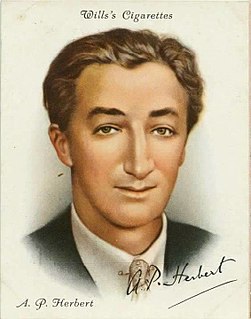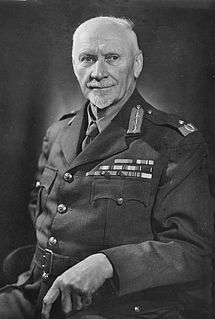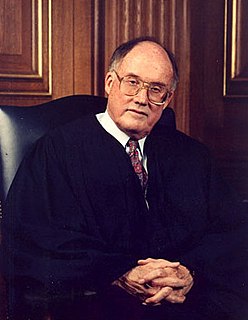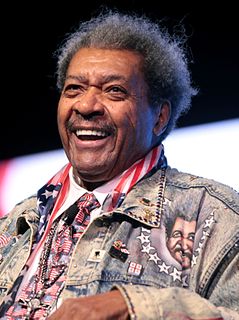A Quote by H. P. Blavatsky
The human mind can hardly remain entirely free from bias, and decisive opinions are often formed before a thorough examination of a subject from all its aspects has been made.
Related Quotes
Opinions are not to be learned by rote, like the letters of an alphabet, or the words of a dictionary. They are conclusions to be formed, and formed by each individual in the sacred and free citadel of the mind, and there enshrined beyond the arm of law to reach, or force to shake; ay! and beyond the right of impertinent curiosity to violate, or presumptuous arrogance to threaten.
At the heart of the First Amendment is the recognition of the fundamental importance of the free flow of ideas and opinions on matters of public interest and concern. The freedom to speak one's mind is not only an aspect of individual liberty - and thus a good unto itself - but also is essential to the common quest for truth and the vitality of society as a whole. We have therefore been particularly vigilant to ensure that individual expressions of ideas remain free from governmentally imposed sanctions.
It is in applied psychology, if anywhere, that today we should be modest and grant validity to a number of apparently contradictory opinions; for we are still far from having anything like a thorough knowledge of the human psyche, that most challenging field of scientific enquiry. For the present we have merely more or less plausible opinions that defy reconciliation.
So it follows that those who have reason have freedom to will or not to will, although this freedom is not equal in all of them. [...] human souls are more free when they persevere in the contemplation of the mind of God, less free when they descend to the corporeal, and even less free when they are entirely imprisoned in earthly flesh and blood.
No one has yet been found so firm of mind and purpose as resolutely to compel himself to sweep away all theories and common notions, and to apply the understanding, thus made fair and even, to a fresh examination of particulars. Thus it happens that human knowledge, as we have it, is a mere medley and ill-digested mass, made up of much credulity and much accident, and also of the childish notions which we at first imbibed.
The ordinary method of education is to imprint ideas and opinions, in the strict sense of the word, prejudices, on the mind of the child, before it has had any but a very few particular observations. It is thus that he afterwards comes to view the world and gather experience through the medium of those ready-made ideas, rather than to let his ideas be formed for him out of his own experience of life, as they ought to be.
Ladies and gentlemen of the press, I stand before you a free man. Free in body, free in spiret and free in mind! It has been a long, hard and excruciatingingly painful road. For more than five years there has been one investigation after another and now, vindication. And to give the proper dimension I take the cherished words of the late great Dr Martin Luther King: Free at last...thank God Almighty, I'm free at last.



































